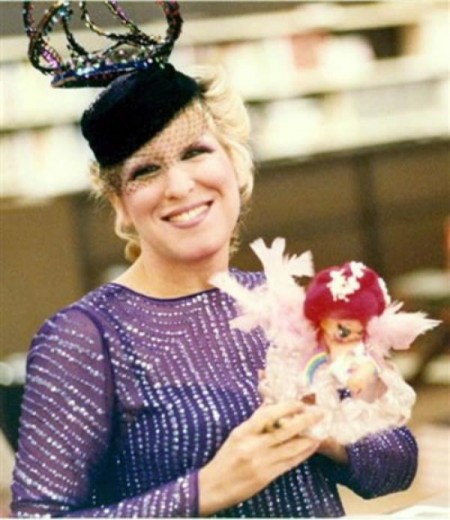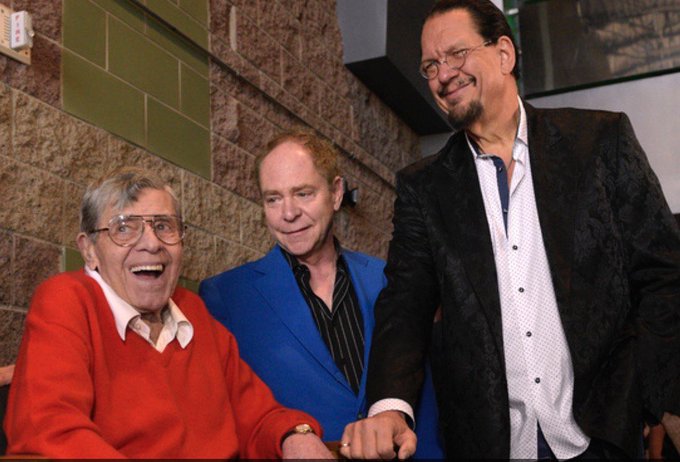The Guardian
Twitter – the virtual literary salon
If you want to know what writers are saying to each other, and join the conversation, it’s all just a tweet away
Posted by Kate Harrad
Wednesday 11 January 2012
Judy Blume tells Margaret Atwood to wrap up warm. Bret Easton Ellis writes how he “traded laughs with Benecio, met Ryan Gosling ”¦ and felt eerily like Victor Ward in Glamorama.” Patrick Gale and Stella Duffy discuss writing a book about Susan from the Narnia stories. Neil Gaiman sends Polly Samson a “lovely golden surprise”. Kay Scarpetta tells Pete Marino where he can find Jennifer Saunders: but does Patricia Cornwell know he’s asking? Samuel Pepys writes his 1669 diary in real time, and Mark Twain, Samuel Johnson, Dorothy Parker and others just quote their own works (which is fair enough ”“ not a lot of fresh content available there, obviously).
Twitter, among its many other uses ”“ gossip fountain, bad joke haven, provider of front page headlines on a slow news day ”“ is a great place to hang out for a fan of authors; at least those authors who genuinely use it as a diary and conversational tool rather than just for publicity. It’s a bit like a huge virtual literary salon where even the dead and fictional are welcome, and so are you.
And maybe it’s trivial to know that Salman Rushdie loves Carrie Fisher, quotes Clive James and is looking forward to seeing Hari Kunzru and Tom Stoppard at the Jaipur literary festival, but knowing random bits of information about people one admires just is, for whatever reason, enjoyable. It’s like being friends with them, except they have no idea who you are, but it doesn’t matter because this is still closer than you’d ever normally get. The illusion of intimacy is fun, providing you remain aware that it’s an illusion.
And you often can get a conversation with a writer you admire, which is difficult to achieve any other way. It depends partly, of course, on how many other fans you’re competing with. Neil Gaiman, with 1,500,000 followers, might be hard to reach, but Terry Pratchett with 45,000 could be easier, or Jeanette Winterson with 3,500. (It’s interesting to look at the complicated correlation between the number of Twitter users celebrities have, and their actual fame: Paulo Coelho is the most popular novelist on Twitter, incidentally. Well, unless you count Stephen Fry.)
Some writers use Twitter for their own very specific purposes, of course. Alan Moore appeared on Twitter in January 2009 and stayed till March 2009. In that time, he wrote dozens of tweets, all sent to different users, virtually all of them identical: “I will be spitting venom all over the Watchmen Movie.” Was he replying to people who’d contacted him? No, he just searched for people who had mentioned going to see Watchmen and, essentially, spammed them. He ended this reign of mild terror by tweeting a link to a piece in which he did indeed spit venom all over the Watchman movie, and promptly fell silent forever. A glorious example of someone using Twitter in precisely the way they wanted to. More than 4,000 people still follow him.
Twitter can also, of course, be used for talking to oneself in public ”“ an activity that works much better online than off. In a real salon, the sight of Hari Kunzru standing in a corner muttering: “Terrier now chasing/making passionate and acrobatic love to large soda bottle. Ideal atmosphere for scriptwriting” would be at least disturbing. As a Twitter post, it’s quite endearing.
You may not know the context of most of the conversations you come across, but that just adds to the effect. For example, this exchange between Susan Hill and Jeanette Winterson:
SUSAN HILL @Wintersonworld Are you speaking to me yet ?x
JEANETTE WINTERSON @susanhillwriter Of course I am speaking 2 you! I was always speaking 2 u! Only, we haven’t done it for a while – as is the way of things x
SUSAN HILL @Wintersonworld I can’t DM you but if you follow me I can. I mean, Salman does. X
Yes, that’s Salman Rushdie she’s referring to. I can’t be the only one who gets a minor thrill from this kind of deliciously ethical eavesdropping.
You can play literary games, too, jumping from writer to writer. Salmon Rushdie follows Jeanette Winterson who follows Susan Hill who follows Allan Massie who follows Alexander McCall Smith (recent tweet: “Lunch in London with Craig Brown and AN Wilson: both of them extremely amusing.”) He follows Amy Tan, who follows Armistead Maupin. And the celebrities Maupin follows include Jane Lynch, Alan Cumming, Justin Bond, Harvey Fierstein, Dolly Parton, Bette Midler, Carrie Fisher, Joan Rivers, Neil Patrick Harris, John Barrowman, Sarah Silverman, Chris Colfer, Sandra Bernhard and Margaret Cho. Once I’ve wandered around Twitter’s literary salon for a while, I think that’s the afterparty I want to









What is that thing she’s holding?
I don’t know….it looks like a cross between a doll and a swan. LOL